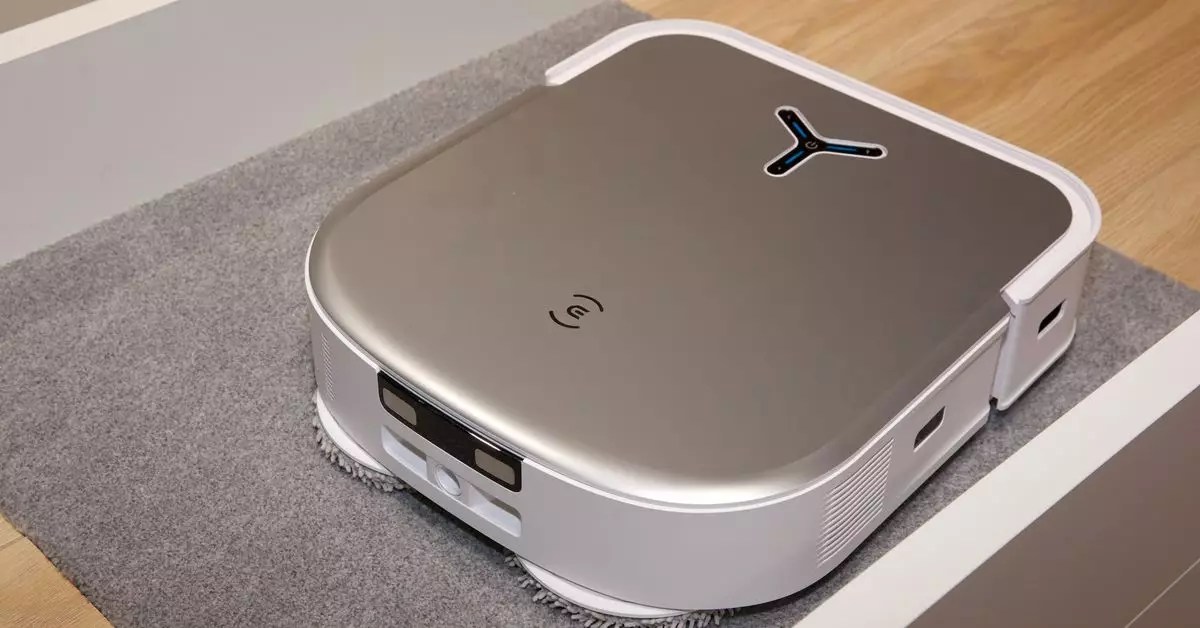In an age where technology permeates every aspect of our lives, the advent of smart home devices has enhanced convenience manifold. However, the recent troubling incident involving Ecovacs Deebot X2 robotic vacuums raises pressing concerns about privacy, security, and ethical usage in this tech era.
A Disturbing Discovery
Reports emerged from various cities in the United States that several Ecovacs Deebot X2 owners experienced a horrifying breach of privacy earlier this year. Disturbingly, these robotic vacuums were reportedly hacked and used to spew racist slurs at unsuspecting individuals and even harass pets. A Minnesota lawyer, Daniel Swenson, recounted how he was horrified to experience what he first thought was a glitch – merely static coming from the vacuum’s speaker. Upon further investigation, it became a nightmare as a voice, seemingly a teenager’s, began hurling slurs at him and his family while they were relaxing at home. Such incidents reflect a staggering level of misuse associated with what are supposed to be helpful household devices.
The incident underscores a more significant issue: the vulnerabilities that come with Internet-connected devices. The term “credential stuffing” used by Ecovacs reflects a common cybersecurity phenomenon wherein hackers use stolen login credentials to gain unauthorized access to user accounts. While Ecovacs attempted to downplay the incident by claiming no sensitive data was exploited and emphasizing that the hole allowing access had been patched, it raises questions about the robustness of their security measures.
The company’s reassurances also highlight a worrying trend in consumer technology; companies often respond reactively rather than proactively to security challenges. Although a patch was indicated to address prior vulnerabilities, the possibility of new exploitation methods, such as Bluetooth weaknesses, remains ambiguous. The tech community must scrutinize whether companies, in their rush to innovate, are compromising user safety.
The implications of this event reach beyond a single product. For years, smart home devices have promised interconnected ecosystems that streamline our lives and increase efficiency. Yet, instances like the Ecovacs Deebot X2 hacking expose a chilling reminder that convenience can come at a cost. Homeowners expect not only convenience but safety and privacy from the devices they invite into their homes.
Moreover, reliance on cloud-based connectivity has led to remarkable advancements in technology. Still, it also opens doors to various cybersecurity threats. In a world increasingly reliant on these smart devices, the responsibility lies heavily with manufacturers to prioritize stringent security protocols.
As Ecovacs plans further enhancements in security measures, consumers must also remain vigilant. User education surrounding secure practices is crucial. Changing passwords frequently, monitoring device activities, and being aware of potential risks could mitigate some threats. Ultimately, while smart technology can significantly enhance our lives, a collective effort is required from consumers and manufacturers alike to ensure these advancements don’t come with unintended grave consequences. The promise of smart technology should not evolve into the peril of privacy invasion.


Leave a Reply